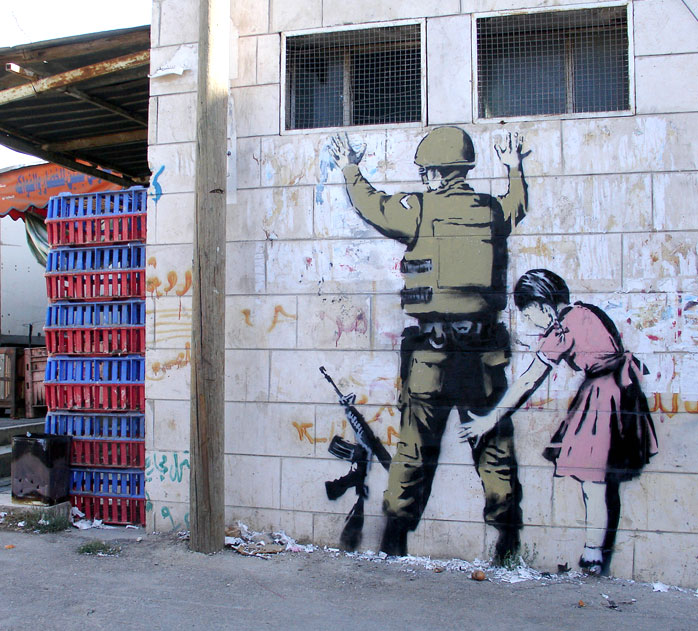Yesterday I was watching an interesting video about Achieving of Social Change And Equality (2014) and one question appeared in my mind: how can we determine social change?
As we know, everything in the world is constantly changing . Every day – it’s a new day , every moment is a new moment. One of the most famous Greek philosophers, Heraclitus claimed that you can not enter the same river twice. The second time, the river will be different, because the former water flowed , and people also subtly changed.
If we talk about human society, in order to decide to what extent and how the system is subjected to the process of change , it is necessary to determine the degree of modification of the basic institutions for a certain period of time. In today’s fast paced world there are phenomena rooted in the distant past. Major religious systems, such as, Christianity and Islam , are still based on the ideas and practices that occurred two millennia ago. However, most modern social institutions vary significantly faster than the traditional institutions of society change.
All evolutionary concepts of social changes come from one simple fact . If we compare the different types of human societies encountered throughout history , it becomes clear that there is a general movement to the ever-increasing complexity . Tribes of hunters and gatherers , whom we find in the early stages of human development ( although some of them still exist ) , had a simpler structure than the agricultural societies that emerged in the later historical period. For example, in the society of the tribes of hunters and gatherers there were no special ruling groups or political power common to agricultural societies . Traditional states were even harder and bigger: they already had a class divisions , as well as development of political, legal and cultural institutions. Finally , there were industrial societies , surpassing any previous type by its complexity: by number of special institutions and organizations in these societies, which were unusually large.
Analyzing the process of complications, researchers often resort to the concept of differentiation. While societies become more complex, fields of social life begin to differentiate,to be precise to separate from each other. Evolutionists state that increasing differentiation and complexity of human society can be compared with the processes of formation of species. Biological evolution is also directed from simple to more complex.
Anthropologist Peter Worsley puts it: “Up to now, human society as a whole did not exist ” (2012) , bearing in mind that only recently it became possible to talk about the formation of social ties that have engulfed the entire planet. The world has become a truly unified social system by enhancing the relationship of interdependence , affecting almost everyone today . The Global Positioning System – is not just an environment in which different conditions of society, such as the UK , grow and change . Social, political and economic ties cross the national borders and imperiously interfere in fate of people living in them . Increasing interdependence of the world community can designate a universal term, namely globalization .
So, the key to understanding social change, are the ways in which people create more complex and sophisticated system of production, increase its influence in the material world, subjecting it to its purposes. Worsley describes this process as the growth of the productive forces, or, in other words, the level of economic progress of society. Periods of gradual restructuring of the productive forces and other institutions are replaced phases sharp revolutionary transformations. This is the so-called dialectical interpretations change.
APRIL 10, 2014. Social Change and Equality. Retrieved from:
http://www.c-span.org/video/?318484-4/social-change-equality


You must be logged in to post a comment.